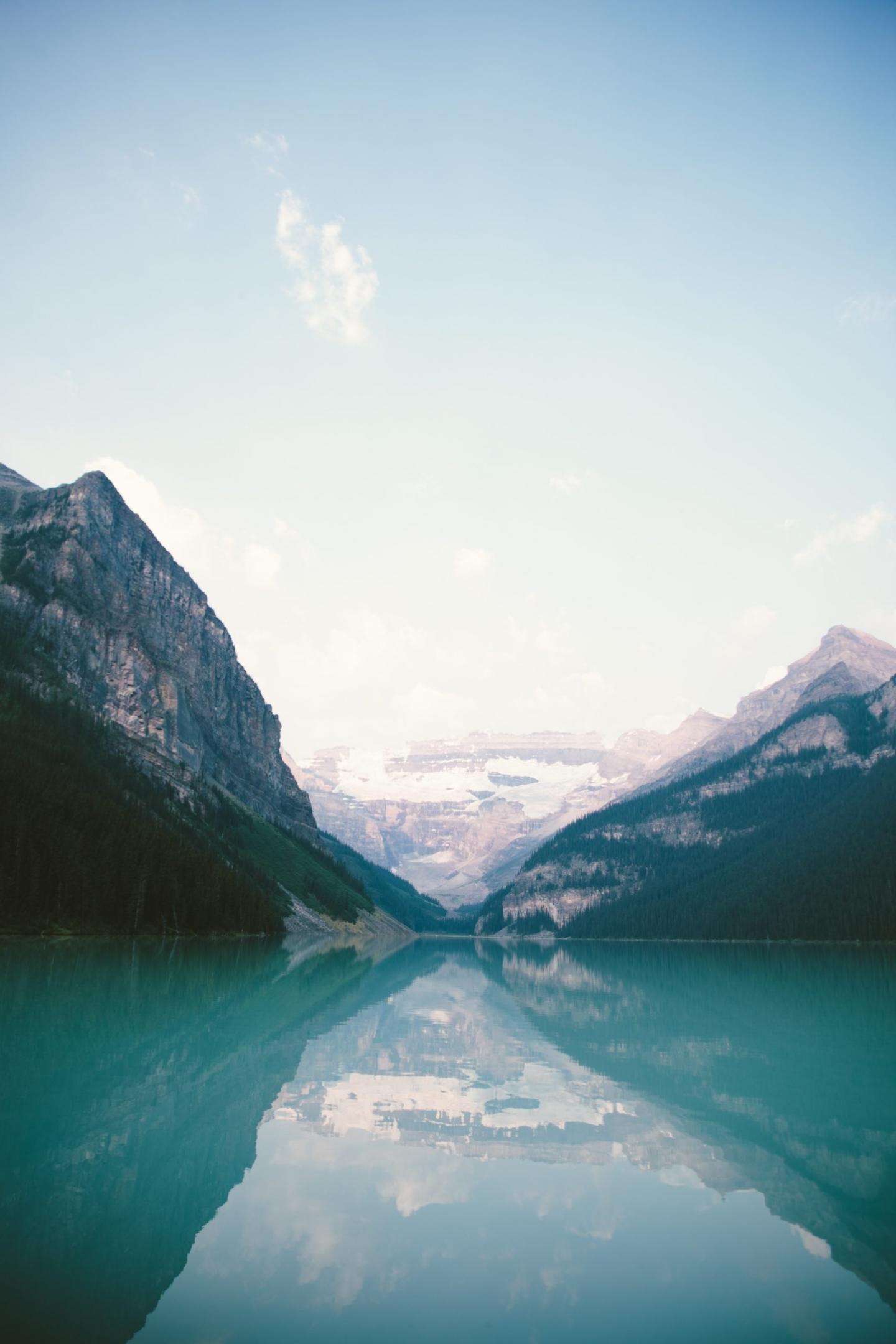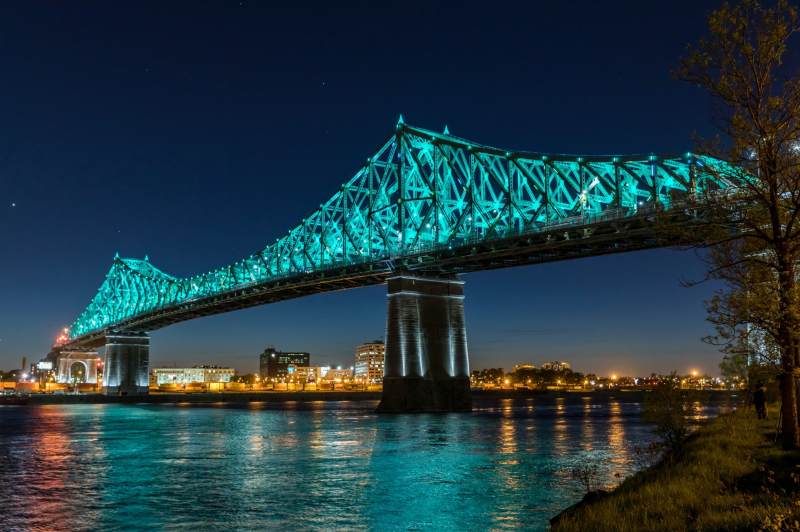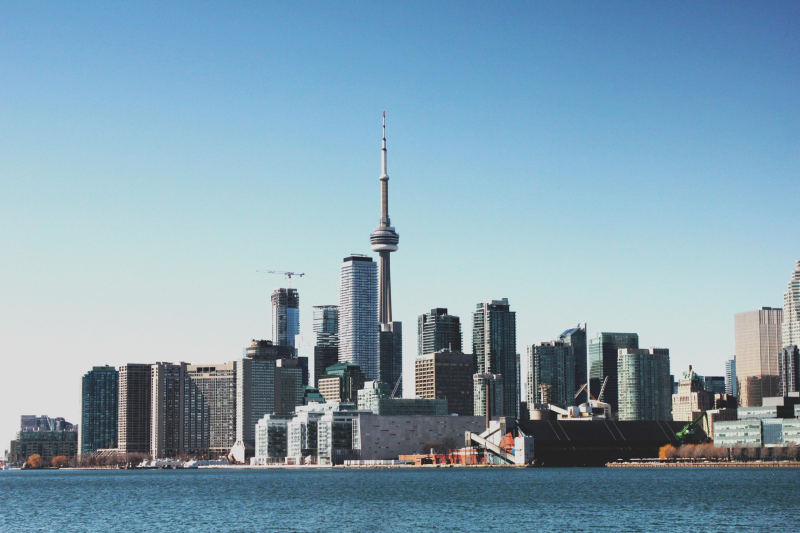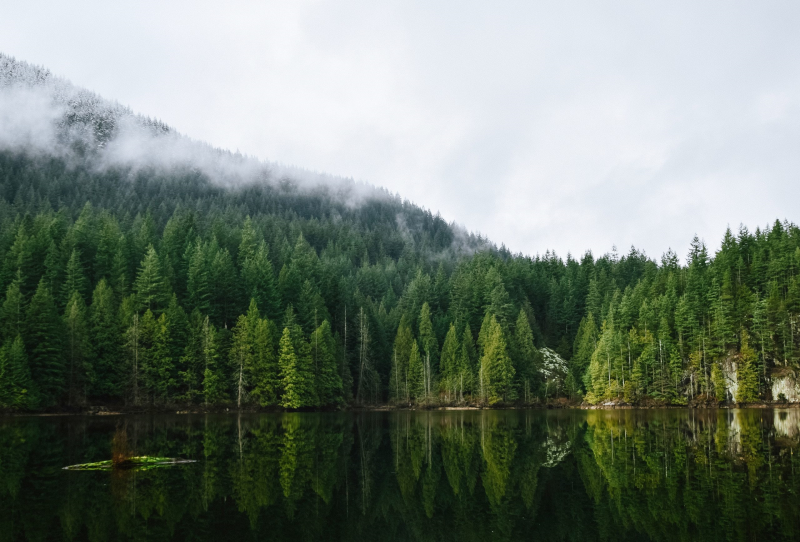Canada

Canada is the second largest country in the world, and experiencing it can take you from its large cosmopolitan cities to its frozen northern tundra; its shimmering, snowy mountain peaks to its rough and rugged coastlines; and its rich farmlands to its down-to-earth pioneering outposts.
Canada is surrounded by the Pacific Ocean and Alaska in the West and the Atlantic Ocean in the East; to the north by the polar ice caps and to the south by its neighbour: The United States of America.
Canada is renowned for its stunningly beautiful scenery – just visit the Banff National Park – which is the number one most popular park in Canada, with 3,1226,978 visitors in 2011. Even its cities – Toronto, Vancouver, Ottawa, Calgary and others have been carefully designed to preserve metropolitan green belts and parklands.
The country has a French and British colonial heritage which is reflected in its cuisine, culture, languages and customs.
In the south, the Rocky Mountains continue into the USA from Canada’s border. If you are looking for winter sports, this is the perfect destination for you.
Throughout Canada there are more than 40 huge national parks that are unique in that they have cities and towns inside the protected areas. These provide comfortable bases for exploring the natural and manmade attractions of the reserves.
Climate
Canada is a year-round destination: the warm summer months are perfect for sightseeing and overland travel, whilst the admittedly icy winters provide for some incredible skiing.
Being such a large country, Canada’s climate varies depending on the area you are visiting.
There are very distinct seasons. The warmest months are during July and August and winter falls between December and February. Vancouver experiences an oceanic climate with ta marked summer dry season. Ottawa, Montreal and Toronto have the warmest summers, Winnipeg the coldest winters, while Vancouver’s inters are far milder than any large city in Canada.
Central Canada and northern Canada experiences subarctic and Arctic climates dropping to -20 degrees Celsius (-4 degrees Fahrenheit).
Language
The official languages of Canada are English and French (predominantly spoken in Quebec).
Passport Visa
All visitors must hold a valid passport and a valid visitor visa (Electronic Travel Authorisation) unless you are exempt. Exceptions include U.S. citizens and travellers with a valid Canadian visa. Please check rules around visa requirements before you travel, as they may change regularly.
Safety
Canada is a politically stable, democratic and civilised country with a crime rate that has been in general decline since 1991. It does share the common international risk of terrorism.
The crime rate is low, but travelers should take the same sensible precautions to safeguard their belongings as they would anywhere.
Canada is prone to minor tornadoes between May and September, with an average of 88 per year, but they are not devastating in the same way that those in the USA can be
Our Services
For all your high-end, bespoke leisure and corporate travel needs to contact our Travel Managers on 800 NEXA (6392). You can also contact us on info@nexatourism.com .



